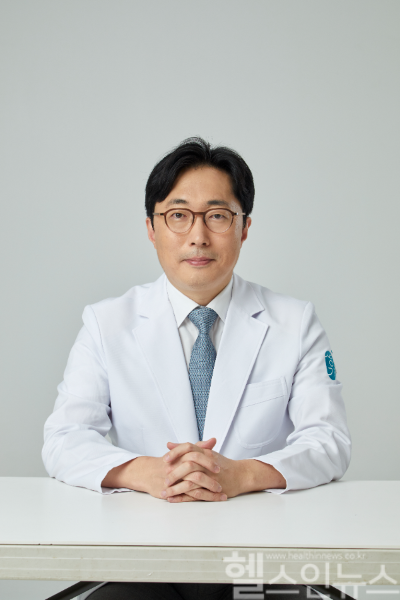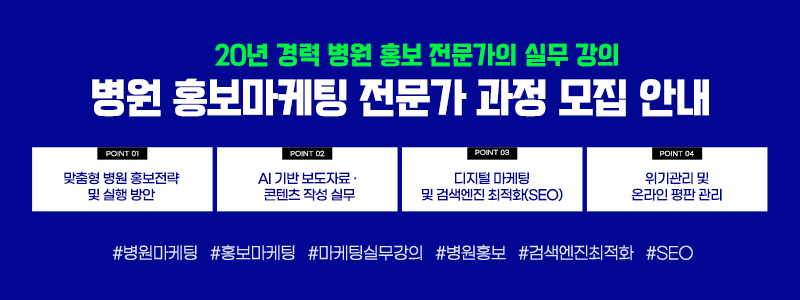Eczema, a chronic inflammatory skin condition, manifests primarily through symptoms such as oozing, swelling, and crusting, which trigger intense itching. While it commonly appears on the arms and legs, severe cases can affect any part of the body, spreading without restriction.
The hallmark symptom of eczema—itching—poses significant challenges in daily life, disrupting school routines for students and professional responsibilities for working adults. Itching often worsens at night, leading many patients to scratch uncontrollably. This can result in skin abrasions, secondary bacterial infections, yellow discharge, and yellowish scales, all of which demand careful management to prevent complications.

This condition often follows a cyclical pattern of flare-ups and remission, making it prone to chronicity. Misconceptions about eczema being untreatable are common, but with consistent, personalized treatment, recovery is achievable. Early intervention at the onset of symptoms is critical for optimal outcomes.
In traditional Korean medicine, eczema is viewed as a manifestation of immune system dysregulation. Treatment focuses on restoring immune balance to enable the body to overcome the condition naturally. Common approaches include personalized herbal medicine, refined herbal acupuncture, and therapies like acupuncture and moxibustion to stimulate skin and blood circulation. These methods aim to bolster internal immunity, reduce body heat, and suppress toxin production, addressing the root causes of the condition.
Such treatments not only help manage eczema but also show promise in preventing recurrence and treating related conditions like atopic dermatitis, acne, and psoriasis.
Lim Hye Jung, HEALTH IN NEWS TEAM
press@healthinnews.co.kr


